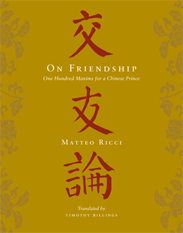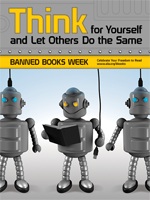Halloween Mix III: That Old Black Magic
Welcome to the third Halloween Mix!  Some more by artists from previous Halloween mixes (the Clash, Robyn Hitchcock, Squirrel Nut Zippers, They Might Be Giants), plus plenty that appear here for the first time: Laurie Anderson, Cozy Cole, Garbage, Hoodoo Gurus, Rockwell, Spike Jones, Swan Dive, and many more. 1.     This is Halloween Panic! at the


